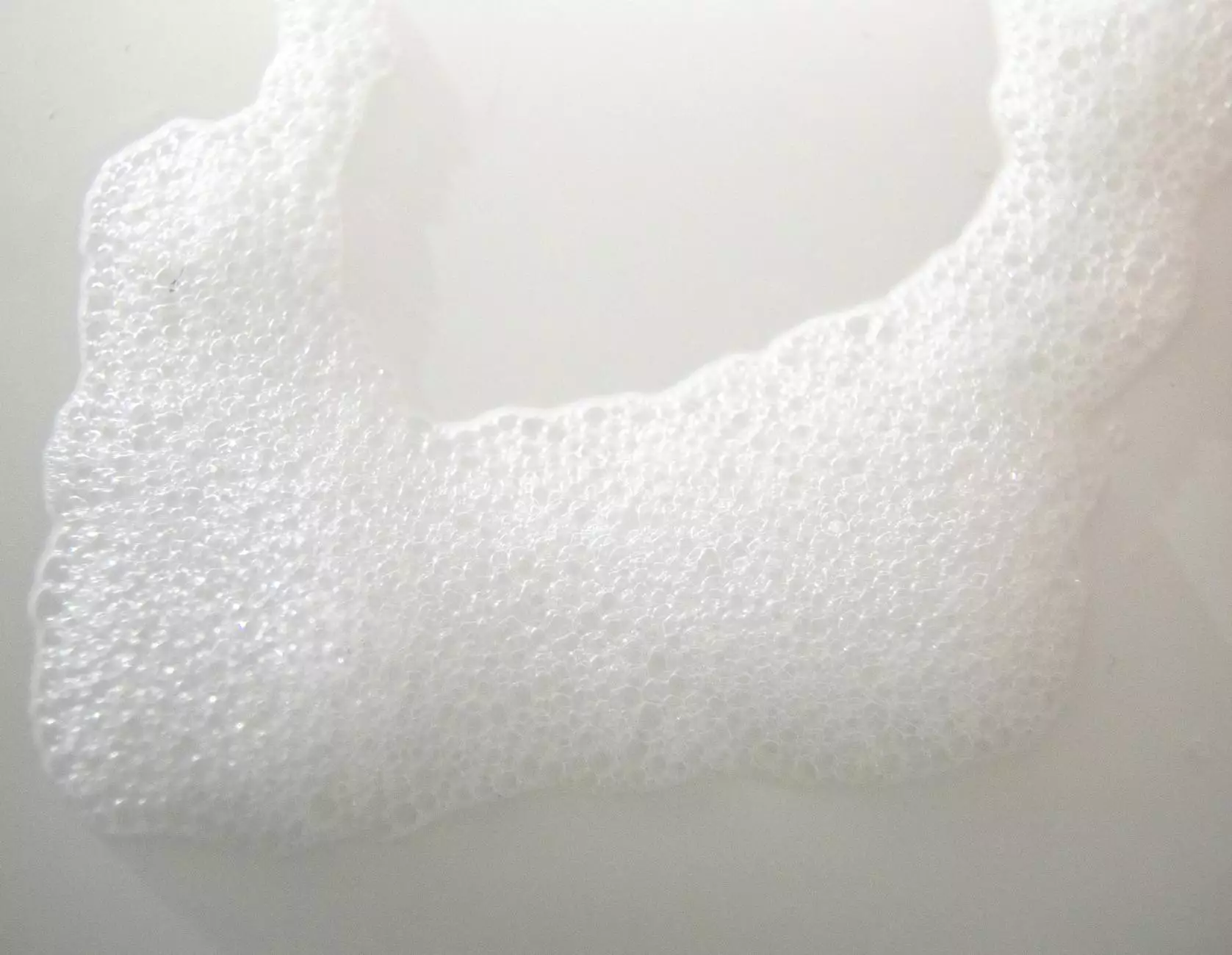Understanding Ortho Surgery Instruments: A Comprehensive Guide

In the demanding field of orthopedic surgery, the importance of ortho surgery instruments cannot be overstated. These specialized tools are integral in the diagnosis, treatment, and rehabilitation of musculoskeletal injuries and disorders. This article delves into the various aspects of ortho surgery instruments, exploring their types, uses, advancements, and how to select the right instruments for specific surgical needs.
The Significance of Ortho Surgery Instruments
Orthopedic surgery addresses a myriad of conditions related to bones, joints, ligaments, and tendons. The tools used in these procedures are critical for the success and safety of surgical interventions. Here’s why ortho surgery instruments are essential:
- Precision: Instruments are designed for accuracy, ensuring minimal tissue damage during procedures.
- Safety: High-quality instruments reduce the risk of complications during surgeries.
- Efficiency: Advanced instruments help surgeons perform complex procedures seamlessly, reducing operating time.
- Variety: A wide range of instruments is available, each tailored for specific procedures and anatomical structures.
Types of Ortho Surgery Instruments
The realm of ortho surgery instruments encompasses a broad spectrum of tools, each meticulously designed for particular tasks. Below are the primary categories of orthopedic instruments:
1. Surgical Scalpels and Blades
Surgical scalpels are essential for making incisions in soft tissue. They come in various sizes and shapes, allowing surgeons to choose the right tool for the specific procedure at hand. Scalpel blades are usually made from high-quality stainless steel to maintain sharpness and durability.
2. Surgical Forceps
Forceps function as essential tools for grasping, holding, and manipulating tissues during surgery. There are various types, including:
- Dissecting Forceps: Used for precision handling of delicate tissues.
- Hemostatic Forceps: Designed to control bleeding by clamping blood vessels.
3. Scissors
Orthopedic scissors are specifically designed to cut through tough tissues or materials. They vary in size and cutting edge, suitable for tasks from routine dissection to cutting graft material.
4. Bone Chisels and Elevators
Bone chisels are used for shaping and cutting bone, essential in reconstructive surgeries. Elevators assist in lifting or separating tissues from bones, facilitating better access to surgical sites.
5. Drills and Saws
Powerful drills and saws are often employed in orthopedic surgery for precision cutting and shaping of bone. These tools enhance the surgeon's ability to perform intricate procedures with accuracy.
Applications of Ortho Surgery Instruments
The applications of ortho surgery instruments are varied and vital across numerous types of orthopedic procedures, some of which include:
1. Joint Replacement Surgeries
During procedures like hip or knee replacements, a variety of instruments are used to prepare the bone surface, insert prosthetic components, and ensure their proper alignment.
2. Fracture Fixation
In cases of broken bones, specialized tools like internal fixation plates, screws, and external fixators are utilized to stabilize the fracture and promote healing.
3. Arthroscopy
Arthroscopic surgeries involve less invasive techniques, using cameras and small instruments for diagnosis and treatment of joint issues. The use of precise arthroscopic instruments is paramount for minimizing recovery time and muscle damage.
Choosing the Right Ortho Surgery Instruments
Selecting the appropriate ortho surgery instruments is critical for successful surgical outcomes. Below are key factors to consider:
1. Surgical Procedure Requirements
Every surgical procedure has unique requirements. Understanding the specific instruments needed for various operations is essential for any orthopedic professional.
2. Quality and Durability
Investing in high-quality orthopedic instruments made from robust materials ensures longevity and reliability. Look for instruments that are resistant to corrosion and wear.
3. Ergonomics
Instruments with ergonomic designs enhance comfort and functionality during use. Properly designed tools prevent fatigue and improve the surgeon's efficiency.
4. Supplier Reputation
When choosing a supplier for ortho surgery instruments, consider their reputation in the market and the range of products they offer. Well-established suppliers like new-medinstruments.com provide trusted and specialized orthopedic tools.
Technological Innovations in Ortho Surgery Instruments
The field of orthopedic surgery continues to evolve with advances in technology that enhance the capabilities and effectiveness of ortho surgery instruments. Some current trends include:
1. Minimally Invasive Surgery Instruments
Instruments specifically designed for minimally invasive procedures reduce trauma to the body, leading to faster recovery times. Innovations in laparoscopic tools allow for precise operations with smaller incisions.
2. Computer-Assisted Surgery
Integration of computer-assisted systems into surgical procedures allows for greater accuracy and precision in instrument placement and patient outcomes. This technology assists surgeons in pre-operative planning and intra-operative navigation.
3. Customized Surgical Instruments
3D printing technologies enable the creation of custom surgical instruments tailored to individual patient anatomy, further improving surgical performance and recovery rates.
Conclusion
In conclusion, ortho surgery instruments form the backbone of orthopedic surgical procedures. Understanding the types, applications, and advancements in these instruments is essential for any healthcare professional involved in orthopedic care. Emphasizing quality and ergonomics, while staying informed on innovations, can vastly improve surgical outcomes and operational efficiency. For top-tier products, reliable information, and innovative solutions, resources like new-medinstruments.com are invaluable.
Each step in the surgical process is facilitated by the right tools, making the careful selection of ortho surgery instruments a critical aspect of modern orthopedic practice. As the industry continues to advance, staying up-to-date with the latest instruments and technologies will ensure that orthopedic professions can deliver the best possible patient care.









